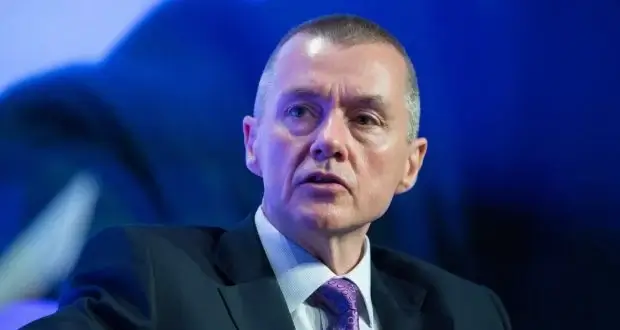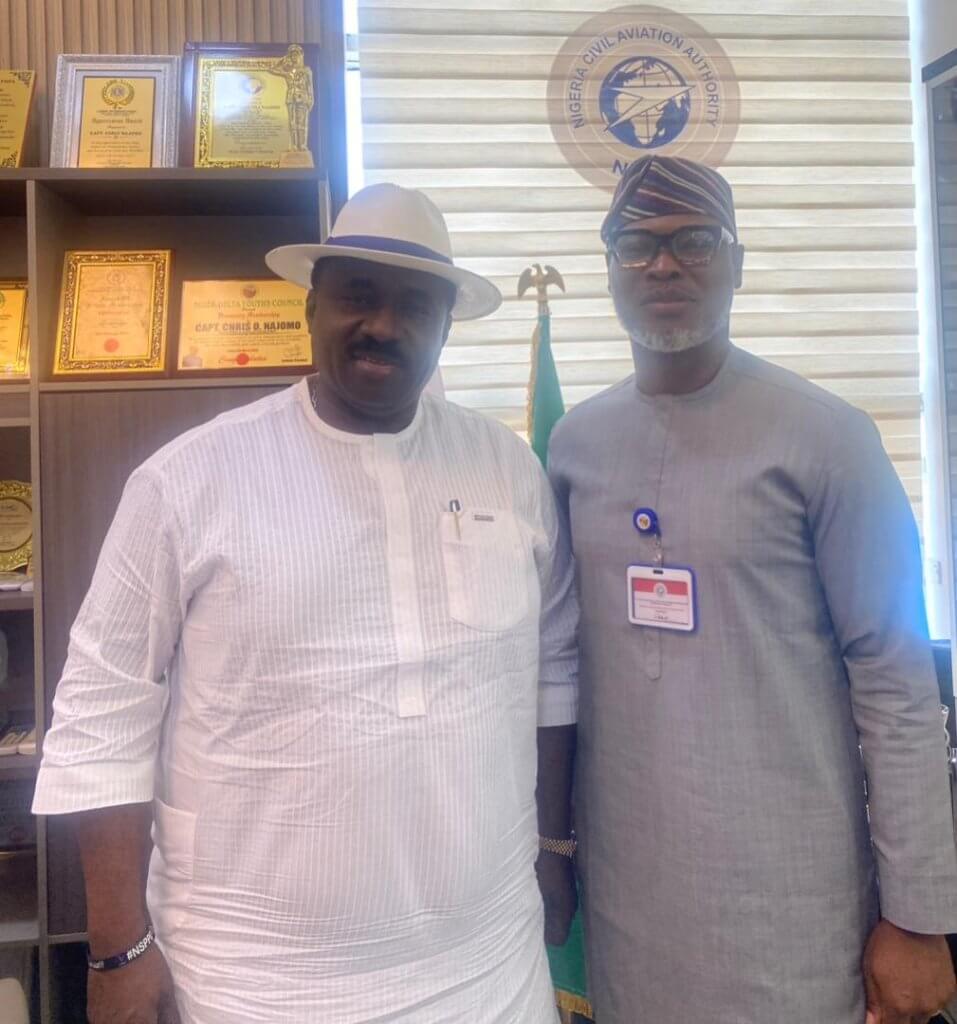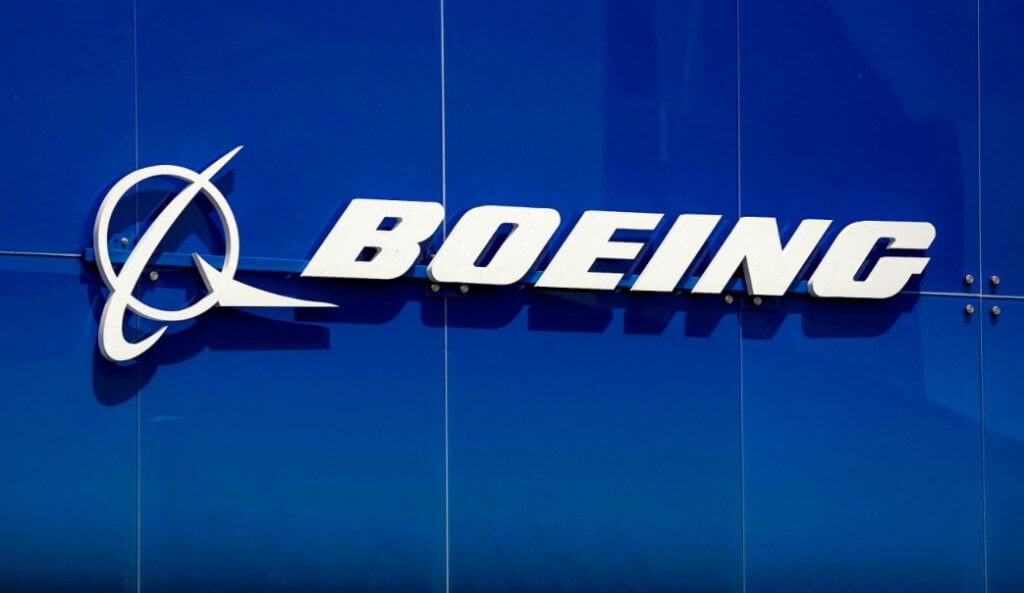Africa Has Made Significant Improvements in Aviation Safety – IATA DG

The aviation industry in Africa has made significant improvements in safety. This observation was made by Willie Walsh, the Director-General of the International Air Transport Association’s (IATA) in an address delivered this morning to the African Airlines Association (AFRAA) annual general assembly underway in Cairo, Egypt. Read the full address below.
“Good morning colleagues, friends, and honoured guests. All protocols observed.
Thank you to Eng. Yehia Zakaria, Chairman and CEO of Egyptair and President of AFRAA, and to Abderahmane Berthe, Secretary General of AFRAA for the kind invitation to address you this morning.
I am so pleased to be with you today in the amazing city of Cairo.
Africa has enormous potential. You know the statistics. It is home to 18% of the world’s population but accounts for just 3% of global GDP. And it accounts for an even smaller share of global air transport—just 2%.
As Africa’s airline leaders, I know that you are ready to take advantage of this potential to grow your airlines and connect the continent. I also understand the enormous challenges you face—among these, high costs and taxes, including the highest into-wing jet fuel prices in the world, low adoption of global safety standards, and airport infrastructure in need of investment.
I don’t come here with any magic solutions, but as your global association I want to assure you that we work closely with AFRAA, we are focused on your needs, and we are looking at how we can support our members’ success even more effectively. And, while I am here, I will be keen to hear your feedback and ideas.
Today, I also want to share some thoughts on three critical issues.
Safety
The first is safety—always our top priority. Safety thrives with global standards. We see that clearly in IOSA—a condition of membership for both AFRAA and IATA. Airlines on the IOSA registry outperform those not on the registry. That is the case in Africa and globally.
Africa has made significant improvements in safety. There were no hull losses or fatal accidents between 2020- and 2023. However, we took a step backwards from this in 2024. And even in 2023 the African turboprop hull loss rate was the highest in the world. This tells us that there is still work to do on safety.
Part of that work is safety culture. The IATA Safety Leadership Charter provides eight principles aimed to standardize a global approach for safety culture in each airline. Some 118 airline CEO’s have signed, fourteen of these are in Africa. While that is a significant number, with 37 IATA members and 65 IOSA airlines in the continent, there is scope for more to join. If you have not yet signed, I encourage you to do so.
An increased willingness to share data is an important outcome of an effective safety culture. The more data we can bring together, the more powerful the insights we can draw from it. Along with encouraging you to sign the Safety Leadership Charter, I also ask that airlines not yet contributing their data to the Global Aviation Data Management (GADM) initiative to do so. GADM has become a powerful analytical tool to improve safety. And if you participate—at no cost—you will also get access to rich data that can enhance your safety performance.
With such actions, our call on governments to adopt and effectively implement global safety standards, grows stronger. That is important in Africa where AFCACs website shows that some 20 AFCAC states have not met AFCAC’s own 60% implementation threshold for ICAO SARPS. That’s not good enough. And it is also not good enough that we are still waiting for final reports from 38 accidents in Africa investigated under Annex 13. We cannot let governments in Africa—or anywhere for that matter, forget their crucial responsibilities to implement ICAO SARPS and complete accident reports in a timely manner.
Blocked Funds
The second issue that I want to address is blocked funds. Airlines deliver huge social and economic benefits, but we are not charities. You have every right to count on the repatriation of funds for tickets sold across your global networks.
Globally, our tally shows $1.662 billion of airline money is blocked from repatriation—$950 million of which is in African countries. Within Africa, the largest amounts are in the XAF and XOF zone where over $300 million is being withheld. Working with your teams, progress has been made. But every success seems to be balanced by an increase somewhere else—the problem is persistent.
No country wants to lose connectivity which drives economic prosperity. That is the strongest point in our argumentation…..
· If airlines cannot repatriate their revenues, they cannot be expected to provide service.
· Economies will suffer if connectivity collapses.
· So it is in everybody’s interest—including the government—to ensure that airlines can repatriate their funds smoothly.
A big thanks again from IATA for all the work that you and your teams do in this area. It helps us to help you. And we will continue the fight and repeat this message until every dollar owed is seen in your accounts!
Sustainability
Lastly, a word on sustainability. This is the biggest challenge we face. By 2050 we must be at net zero carbon emissions. This is existential to our future growth, the health of our planet and the prosperity of people everywhere who depend on aviation.
There will be many political twists and turns on the way to 2050. But in 2021 we set the course to achieve net zero carbon emissions by 2050 and reversing course is not an option.
For Africa, aviation’s energy transition is a big development opportunity. SAF will contribute more than 60% of the mitigation needed for aviation’s decarbonization. But only a few percent of our fuel needs can currently be met with SAF and there is no production in Africa.
That must change and change quickly. Africa has the people and natural resources to develop a world-leading SAF sector, provided the financing and government incentives are available. This is a perfect example of “build it and they will come”. And along with SAF will come jobs, growth and progress towards energy independence.
So, if I may be so bold to suggest, SAF production would be a great priority for one of this event’s main sponsor. Aviation connectivity is the infrastructure of global trade. So finding ways to finance SAF production in Africa should fit nicely within the mission of our friends at Afreximbank who have a mission to support African trade development.
IATA is doing its part by strengthening its sustainability team. Among our top priorities are building a SAF registry that will be a foundation stone for a global SAF market, producing and updating roadmaps to net zero in the areas of technology, finance and policy, and freeing up the carbon credits that airlines will need to meet their CORSIA obligations. On this last point, last week we hosted an auction for airlines to purchase credits from the very limited stock available.
As we move along the journey to net zero, you can count on IATA’s support—in the region and from our growing central sustainability team.
Conclusion
I will conclude by thanking you again for the invitation to be with you today. The numbers tell us that Africa has the greatest unused potential for aviation development in the world. That is a great motivation for us all.”








